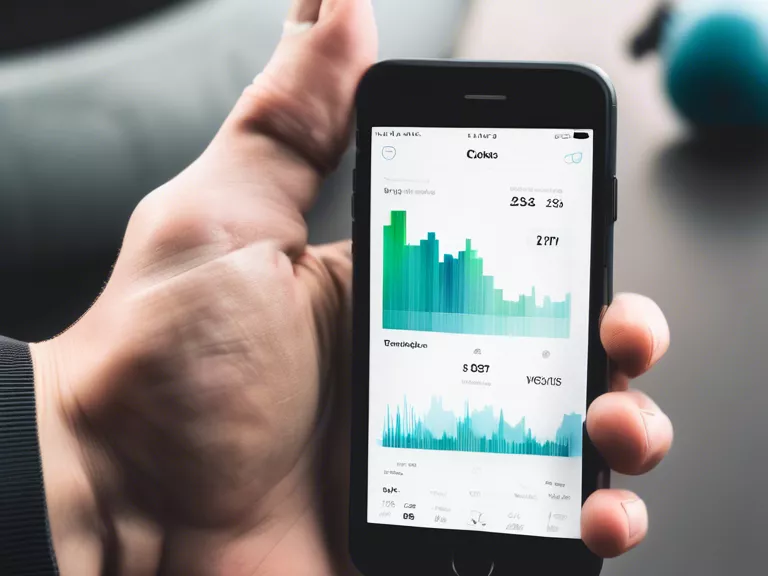
In today's digital age, fitness apps have become a popular tool for designing custom workout programs based on individual goals. Whether you want to lose weight, build muscle, or improve overall fitness, these apps can help you create a personalized plan to reach your desired results. By understanding how to use fitness apps effectively, you can take your workout routine to the next level and achieve success in your fitness journey.
One of the key benefits of using fitness apps is the ability to set specific goals and track progress over time. Whether you want to run a faster mile, squat more weight, or just improve your overall health and fitness, these apps can help you stay on track and motivated. By inputting your goals into the app, you can receive customized workout plans and recommendations to help you reach your desired outcomes.
Another advantage of fitness apps is the flexibility they offer in designing workout programs. You can choose from a variety of exercises, sets, and rep ranges to create a plan that fits your schedule and preferences. Whether you prefer high-intensity interval training, strength training, or yoga, there are apps available that cater to your specific interests and goals.
Additionally, fitness apps often come with features such as workout tracking, progress updates, and social sharing, which can help you stay accountable and motivated. By tracking your workouts and progress, you can see how far you've come and make adjustments to your plan as needed. Sharing your achievements with friends and family can also help you stay motivated and inspired to continue working towards your goals.
In conclusion, fitness apps are a valuable tool for designing custom workout programs based on your goals. By setting specific objectives, creating personalized plans, and utilizing the features of fitness apps, you can achieve success in your fitness journey and make progress towards becoming the best version of yourself.



